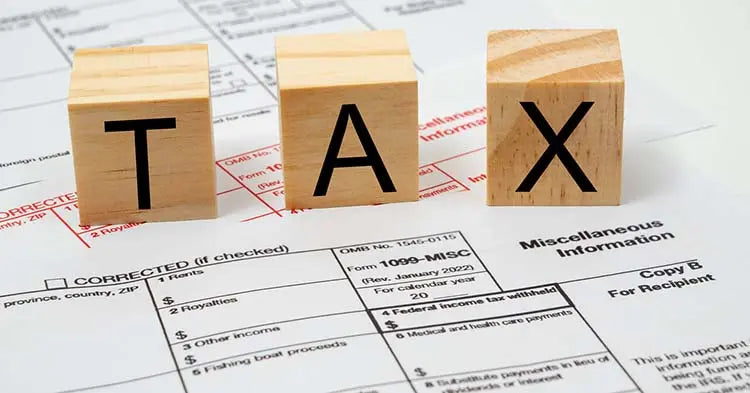
Understanding and Applying for Federal Tax Return Extensions in 2023
As we navigate the 2023 tax season, it's important to be aware of key dates and procedures. While the deadline to file your 2022 federal income tax return is April 18, 2023, circumstances may arise that prevent you from completing your tax return on time. Thankfully, there is a process in place for requesting an extension to file your return, but it's crucial to understand what this extension entails and what it doesn't cover. The IRS provides an option to request an extension that pushes the filing deadline to October 16, 2023. This six-month extension can be a lifesaver for those who find themselves unable to compile their tax information by the original April deadline. There are two primary methods for applying for an automatic filing extension. First, taxpayers can use the IRS Free File tool, which is accessible at IRS.gov/freefile. This free service allows users to prepare and electronically file their income tax returns and request an extension. Alternatively, taxpayers can submit Form 4868, titled "Application for Automatic Extension of Time to File," to the IRS. While these extensions can relieve some pressure during tax season, it's crucial to note that an extension to file is not an extension to pay owed taxes. If you owe taxes for the 2022 tax year, you are expected to pay them by the original due date, April 18, 2023, even if you've received an extension for filing your return. Failure to do so may result in potential penalties and accrued interest on the amount owed. The IRS understands that extraordinary circumstances, like natural disasters, can significantly disrupt your ability to meet tax obligations. Therefore, if you're an eligible victim of recent natural disasters, you might qualify for an automatic extension of time to make various tax payments. This is part of the IRS's broader effort to assist taxpayers impacted by unforeseen events. More information on this topic can be found on the IRS's website, specifically at IRS.gov/disasters. In summary, if you can't meet the April 18, 2023, deadline to file your 2022 federal income tax return, the IRS does provide an option to request an extension, pushing your deadline to October 16, 2023. However, any taxes owed must still be paid by April 18 to avoid potential penalties and interest. If you have been impacted by a recent natural disaster, there may be additional extensions or resources available to you. Always consult IRS resources or a tax professional to ensure you're meeting your obligations and taking advantage of any applicable extensions or relief.



